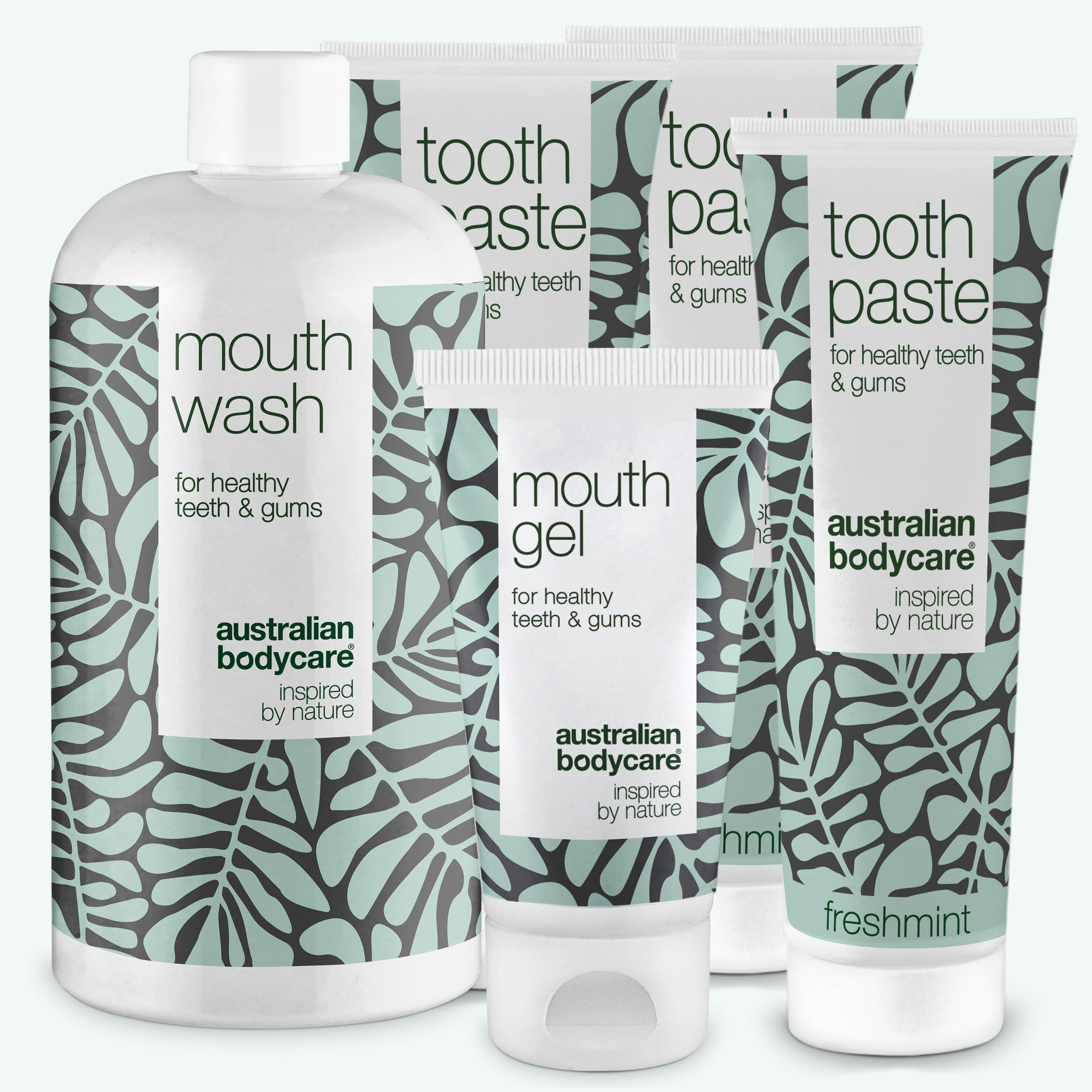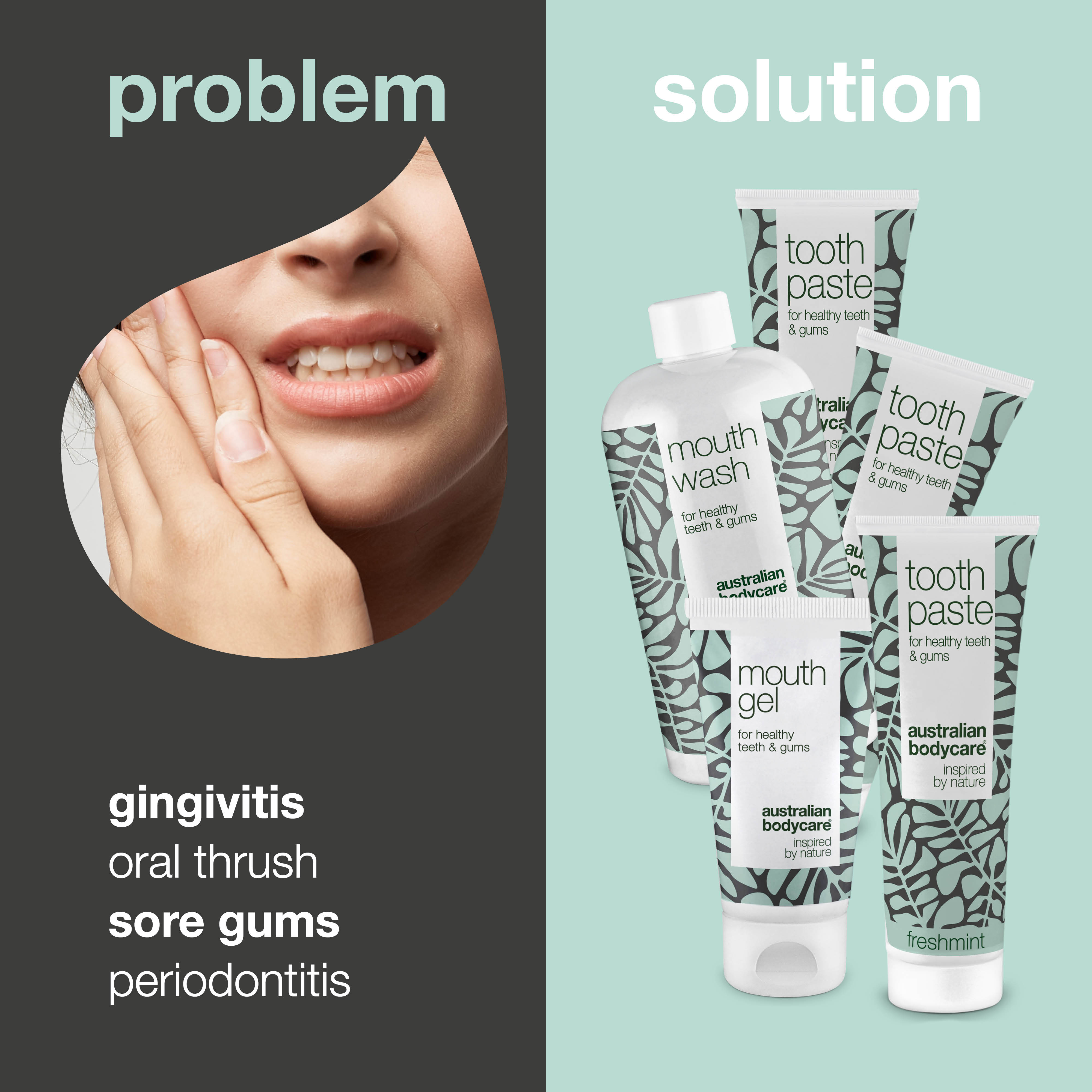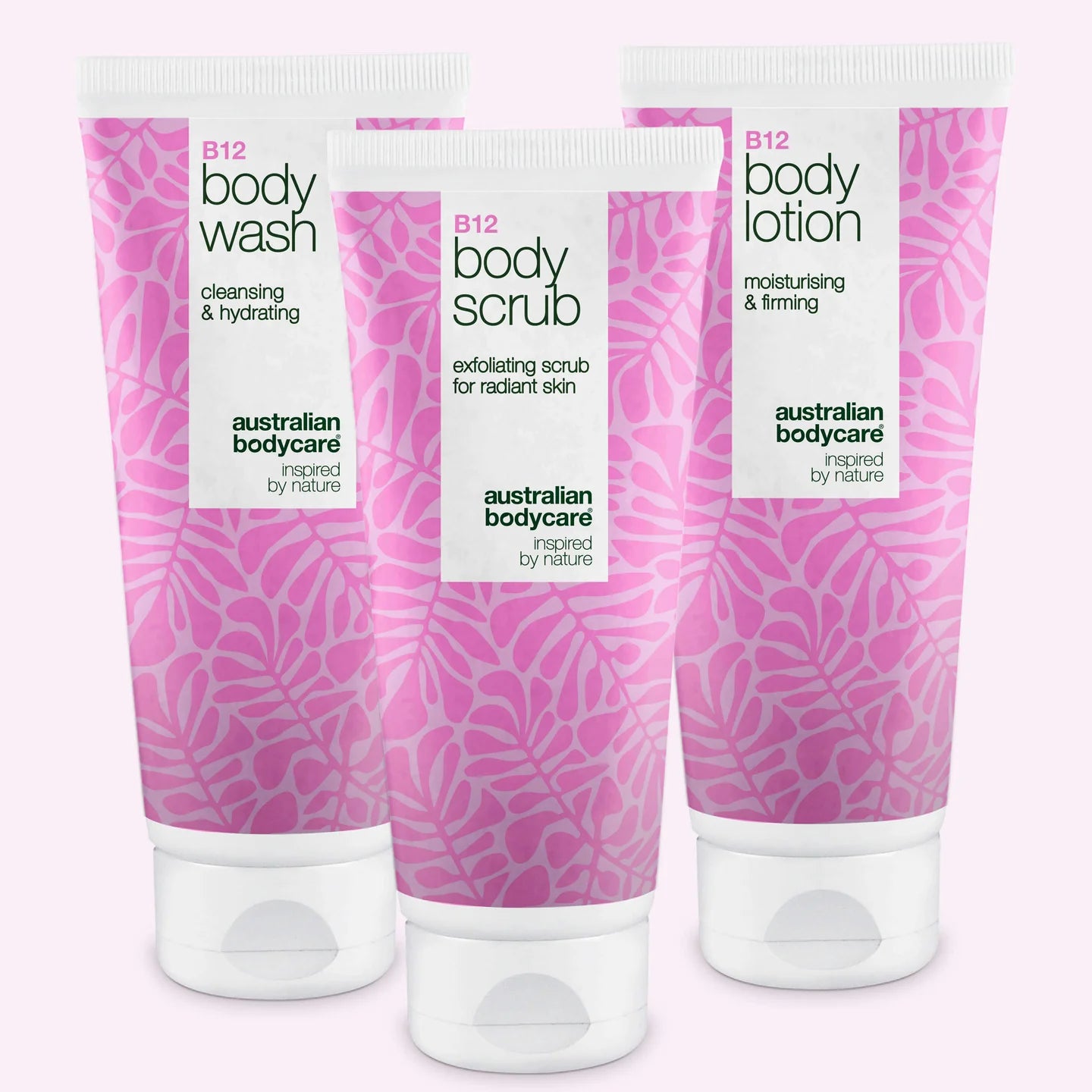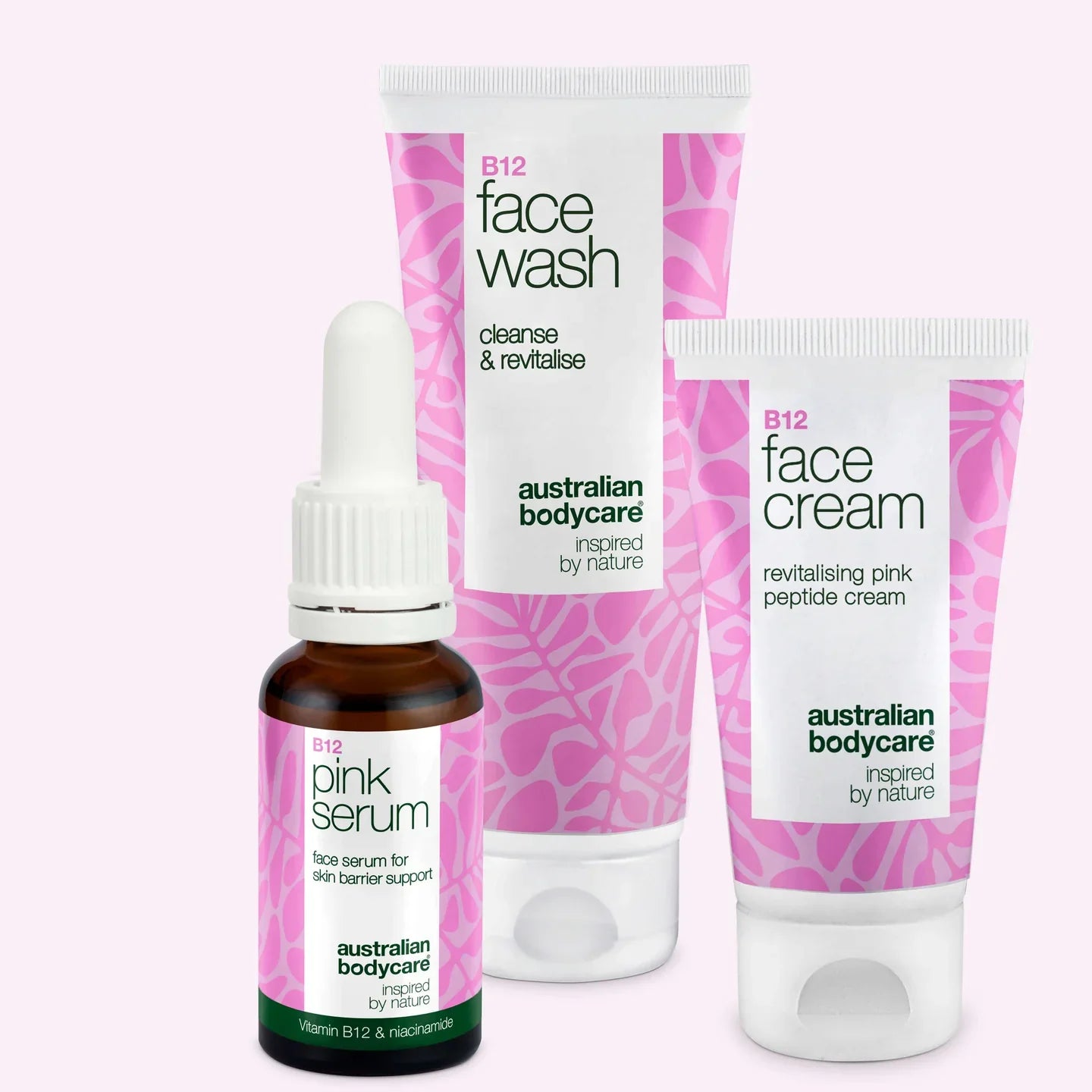Effective Tips to Relieve Toothache and Reduce Dental Pain
Dealing with a toothache early is crucial, as bacteria may reach the tooth's nerve. This can be due to inflammation, cavities, injuries, or missing teeth.
Incorporating healthy lifestyle choices, such as avoiding harmful habits (smoking and excessive sugar intake) and eating a nutritious diet rich in calcium and vitamin D, can make a difference.
Read on to discover more.
Table of contents
What is Toothache?
A toothache occurs when the nerve in a tooth becomes irritated, which can be caused by a cavity or infection. The pain can range from mild discomfort to sharp, constant pain.

Causes and Symptoms
Toothache can be very painful and affect your daily life. It's important to know what causes the pain and the symptoms to look out for. This can help you take the right steps toward relief and treatment.
| Cause | Symptoms |
|---|---|
| Dental diseases such as abscesses and gingivitis | Pain in the mouth, swelling, redness |
| Plaque and cavities | Sensitivity to hot and cold, visible cavity in the tooth |
| Tooth injuries | Acute pain, visible damage to the tooth |
| Poorly placed fillings or crowns | Discomfort when chewing, sensitivity |
| Defective or leaking fillings or crowns | Pain, infections |
| Loss of a tooth | Empty space in the tooth row, possible pain |
| Inflammation of the tooth pulp | Severe pain, fever |
Inflammation of the tooth pulp involves nerve endings and can therefore cause very severe pain. If you experience a fever along with a toothache, it may be a sign that something is seriously wrong and requires a dentist's attention. By understanding these causes and symptoms, you can better manage your dental pain and seek the necessary treatment.
Treatment Options
When you experience a toothache, there are several treatment options to relieve the pain and get help. Dive into our comprehensive article to learn more about these effective methods.
Painkillers
Painkillers such as paracetamol or ibuprofen are often the first step in fighting toothache. These over-the-counter tablets can quickly reduce pain in the mouth.
It's important to follow the instructions on the package to avoid side effects. If the pain does not subside, it's a good idea to contact a dentist for further examination.
Ibuprofen has anti-inflammatory properties, which help combat infection while also relieving pain. Ibuprofen can be taken in combination with paracetamol if ibuprofen alone does not relieve the pain. Remember that these medications only temporarily alleviate symptoms. Long-term use without a dentist's guidance is not recommended.
The ultimate goal is to find and treat the cause of the toothache.
Dental Visit
A visit to the dentist is crucial for effectively managing a toothache. The dentist can identify the cause of the pain, whether it's cavities, gum inflammation, or other issues, and then offer the most appropriate treatment.
This may include anything from fillings and teeth cleaning to more advanced procedures such as root canal therapy to remove infection.
Regular dental check-ups also prevent future dental problems. These check-ups allow for early detection of potential issues, such as cavities or periodontitis, before they develop and cause severe pain.
Professional cleanings remove plaque and tartar that daily brushing and flossing at home can't eliminate. Additionally, guidance on proper oral hygiene is an important part of a dental visit and can help further enhance dental health.
Home Remedies for Toothache Relief
Relieving toothache at home can be achieved using various effective remedies. These methods are often accessible and easy to apply for quick relief from discomfort.
1. Warm saltwater rinse: Dissolve a teaspoon of salt in warm water and rinse your mouth to reduce bacteria and alleviate pain.
2. Ice pack: Applying an ice pack or a cold compress to the affected area can help reduce pain and swelling.
3. Flossing: Carefully using floss between your teeth can remove food particles, reducing irritation and improving discomfort.
4. Clove oil: Applying a small amount of clove oil directly to the sore gum can act as a natural anesthetic and promote pain relief.
5. Tea bag compression: Placing a damp tea bag on the sore area can help reduce pain and swelling due to the tea's anti-inflammatory properties.
6. Xylitol gum: Chewing gum containing xylitol can stimulate saliva production, which helps neutralize acids in the mouth and reduce the risk of toothache.
These home remedies can be useful supplements to other treatment options or interim methods for temporary relief, but it's important to seek professional medical help for persistent or severe pain.
Preventing Toothache
Maintain good oral hygiene by regularly brushing and flossing to remove plaque and prevent cavities and periodontitis. Visit your dentist for check-ups and cleanings at least twice a year to detect early signs of dental problems.
Avoid harmful habits such as smoking, which can increase the risk of dental diseases like periodontitis, and try to avoid sugary foods, as they can create an acidic balance that breaks down tooth enamel.
Optimize your diet with nutrients like calcium and vitamin D to strengthen your teeth against dental diseases.
Good Oral Hygiene
Good oral hygiene involves regular brushing and flossing to remove food particles and plaque that can cause toothache and other dental problems. Brush your teeth at least twice daily with fluoride toothpaste to strengthen enamel and prevent cavities.
Using floss is also essential for removing food particles between teeth and along the gum line where a toothbrush can't reach. Maintaining good oral hygiene can help prevent painful dental problems and reduce the risk of acute toothache.
Good oral hygiene is also linked to regular dental visits, which allow for maintaining a healthy smile and identifying potential problems in time. The dentist can also provide advice on diet and other habits affecting oral hygiene, such as smoking, which can lead to toothache and other diseases of the teeth and gums.
Regular Dental Visits
Your dentist recommends regular dental visits at least twice a year. These visits allow for early detection of any problems such as cavities, gingivitis, or other dental diseases.
The dentist can also give you advice on how best to maintain healthy teeth and prevent toothache.
It's important to understand that regular check-ups can help reduce the need for painful and costly dental treatments in the future. This can save you both time and money, ensuring your teeth remain healthy and pain-free.
Avoid Harmful Habits
Avoid smoking and limit your sugar intake to prevent toothache. Good oral hygiene, including regular brushing and flossing, can also help prevent toothache.
Additionally, avoid harmful habits like biting nails or using your teeth to open objects, as this can cause damage and lead to toothache.
Healthy Diet and Nutrition for Stronger Teeth
A healthy diet plays a crucial role in maintaining strong teeth. Avoiding sugary foods and drinks can protect your teeth from cavities. It's important to eat foods rich in calcium, vitamin D, and phosphorus to promote dental health.
Furthermore, drinking plenty of water helps wash away acids and bacteria from teeth and prevents toothache. It's also essential to avoid chewing hard foods that can damage teeth.
Consulting with a nutritionist can help ensure your diet supports strong and healthy teeth. By following these healthy diet and nutrition tips, you can achieve good oral hygiene, avoid toothache, and maintain a healthy mouth.
Conclusion
Effective tips to relieve toothache and reduce dental pain are crucial for one's health. Good oral hygiene, regular dental visits, and healthy dietary habits can prevent toothache.
Rinsing the mouth with warm water, using ice to reduce swelling, and taking painkillers can help alleviate pain. Remember to contact a dentist for severe pain or complications.
Prevention and timely treatment are key to ensuring a pain-free mouth.
FAQ
What helps against toothache?
Temporary relief can be achieved with painkillers like ibuprofen or paracetamol, rinsing the mouth with warm salt water, and using toothpaste for sensitive teeth. It's crucial to see a dentist for permanent treatment of the cause.
What does toothache feel like?
Toothache can range from mild to sharp and throbbing pain. It can be constant or intermittent and often worsens with chewing or exposure to hot, cold, or sweet substances.
Can food and drink affect my toothache?
Yes, certain foods and drinks can worsen toothache. It's best to avoid very cold or hot drinks, as well as sugary and starchy foods that can increase pain. Smoking should also be avoided, as tobacco can delay healing.
Can toothache go away on its own?
While some mild toothaches may temporarily subside, a serious toothache is unlikely to disappear completely without treatment, as it often stems from issues requiring dental intervention, such as infections or deep cavities.
Do painkillers help all types of toothache?
Painkillers like paracetamol and ibuprofen can provide temporary relief, but it's essential to find the cause of the toothache for a long-term solution, especially if the pain is due to inflammation or infection.
What should I do if I have unbearable toothache at night?
For unbearable toothache at night, taking over-the-counter painkillers and trying to sleep with your head elevated to reduce pressure in the area may help. However, it's important to contact a dental clinic as soon as possible for professional treatment.





